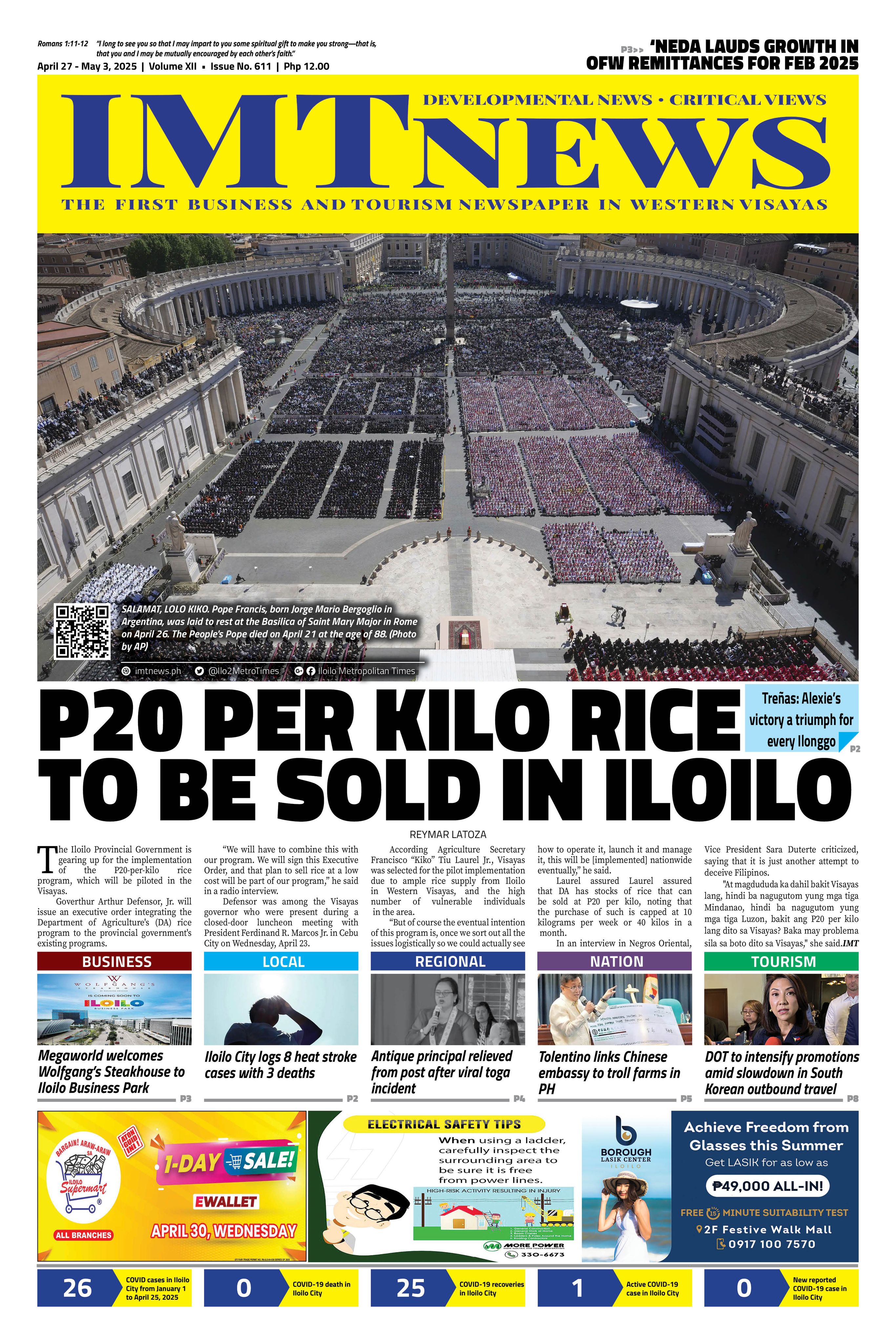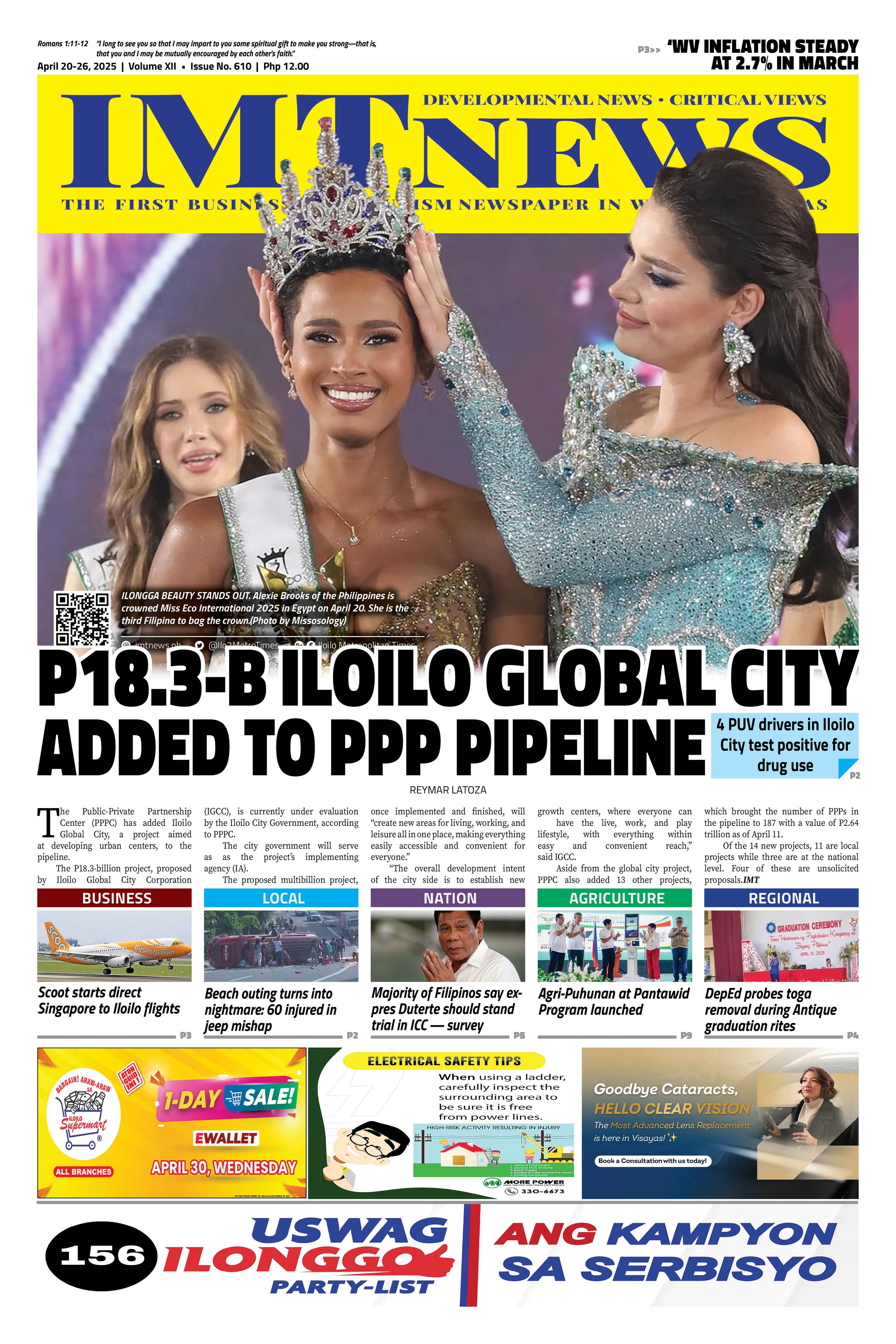In the vibrant and chaotic terrain of politics, one wonders at the relentless allegiance many people show toward politicians with dubious credentials and moral character. Outsiders and onlookers alike find this phenomenon perplexing: How can well-meaning people back leaders who have repeatedly let them down? The solution resides in the ingrained psychological mechanism known as cognitive dissonance, a theory with broad ramifications in political and personal life.
First proposed by psychologist Leon Festinger in 1957, cognitive dissonance is the unpleasantness people feel when their actions or ideas contradict one another. Imagine a voter who supports a politician buried in corruption scandals yet values honesty and integrity. The mind naturally searches for the tension created by this conflict. Sadly, many people ignore or rationalize the contradictions instead of changing their views to fit reality, strengthening their faulty support. Although this phenomenon is not exclusive to us Filipinos, the sociopolitical environment of the nation offers a rich ground for it to flourish.
This conflict is sometimes exacerbated by a confluence of elements, including cultural values, historical narratives, and the all too common Pinoy quality of “utang na loob,” or debt of gratitude. Regardless of the later performance or ethics of politicians who have done them a favor, many voters develop strong loyalty to them. Stories of leaders who have ascended to power not by virtue but by deliberately cultivating personal alliances, usually at the expense of the greater good, abound in the political scene here.
Furthermore, it is impossible to ignore the general impact of traditional and digital media and propaganda. In a society where sensationalism and false information abound, the truth sometimes yields to stories appealing to emotions rather than reason. Politicians skilled in public opinion manipulation use this to create images of themselves as saviors, even if their behavior points otherwise. Consequently, a population that, despite overwhelming data to the contrary, sticks to the conviction that their elected leader is the best one available.
One could contend that the voters are not totally responsible for this unquestioning allegiance. Ultimately, the material they are exposed to is carefully chosen to forward a particular agenda. Still, the responsibility does not fall just on the propagators of lies. Personal responsibility eventually has to take the front stage. Voters must examine the facts given to them closely, challenge the stories they are being fed, and go past the surface pledges of those in charge.
Still, it is harder said than done to break out from the cycle of cognitive dissonance. Psychologically, it is difficult to admit one has been misled or wrong. It calls for a degree of humility and introspection many people lack either ability or will. This is especially true in a society where pride and saving face are profoundly rooted values. Admitting vulnerability—a prospect that many find terrifying and embarrassing—helps one to realize that their confidence has been misplaced.
How, then, should we fight this phenomenon? Informally as much as formally, education is critical. A well-informed voter is less likely to let the manipulations of dishonest leaders control them. This goes beyond just knowledge access to encourage essential critical thinking abilities that let people separate fact from fiction. Schools, media outlets, and even local leaders must foster a culture of inquiry and skepticism whereby challenging authority is not viewed as rebellious but as a necessary component of a sound democracy.
Moreover, systematic transformation is much needed. The political framework itself has to be rebuilt to give merit and responsibility top priority over personality and patronage. This covers stricter laws and enforcement against corruption as well as systems guaranteeing government openness. The voters have to expect more from their leaders in terms of concrete, observable results as well as in terms of rhetoric.
One cannot really overestimate the importance of personal integrity. Inspired by conscience-based, data-driven decision-making, people must ensure their activities complement their basic values, even if they are complex or demanding. This alignment promotes inner peace and fulfillment beyond the ephemeral gratification of joining a political “win.” In the long term, this dedication to personal and group integrity will guide the country toward actual development.
Still, grassroots-level change is where it starts. Open political discussions among families and communities should promote many points of view and question the status quo. Such conversations should be based on respect and empathy, stressing the search for the truth above the defense of fixed points. These exchanges help sow critical thinking seeds, progressively undermining the basis of cognitive dissonance.
Remembering Jose Rizal’s words—that “the youth is the hope of our future”—is essential as the country advances. This is not only a call to the young but also a reminder to everyone that their decisions now will determine the direction of the country. The difficulty, then, is ensuring these decisions are guided by integrity and wisdom instead of the transient appeal of charismatic but unworthy leaders.
Finally, the complicated interaction of psychological, cultural, and institutional elements explains the difficulty in comprehending those blindly believing in politicians devoid of track records and integrity. One strong force that people might ignore even the most apparent conflicts is cognitive dissonance. However, one can escape this cycle using education, institutional reform, and a fresh dedication to personal ethics. The road forward calls not only for a change in leadership but also a change in attitude that gives truth, responsibility, justice, and the common good top priority over personal allegiance, misplaced pride, and convenience. Our country cannot hope to reach the real democracy we hope for until then.
Doc H fondly describes himself as a “student of and for life” who, like many others, aspires to a life-giving and why-driven world grounded in social justice and the pursuit of happiness. His views do not necessarily reflect those of the institutions he is employed or connected with.








